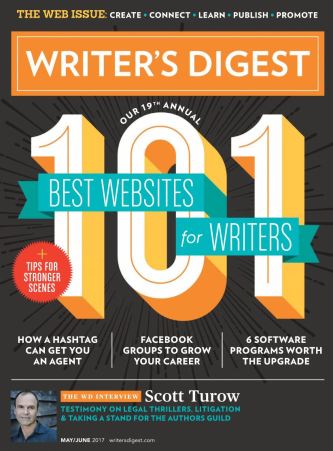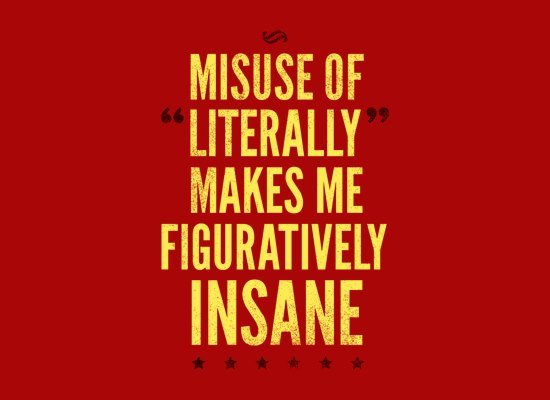Bill asked the question, “How necessary are agents in the modern publishing environment?”
It depends.
I have to smile when asked that question because asking an agent if agents are necessary it’s a bit obvious what the answer will be… However, there are some things that should go into your decision of whether to pursue representation or not.
Goals
What are your goals as a writer? If you want to be published by one of the major publishers it is going to be better to have an agent working with you. (I acknowledge that this isn’t always the case, but we are speaking in generalities here.)
Many houses prefer working with an agent since there is a relationship already in place and a measure of trust that the agent will help the entire publishing process work smoothly.
If your goal is to get a by-line, then you may be just as happy without an agent. Of course an independently published author doesn’t need an agent to get published….the author makes that choice.
Comfort Working Alone
Writing is already a solo activity. A number of authors I know like to have that business partner in their life. That person (the agent) who is watching the changes in the industry and looking out for the best interests of their clients. (Last week we found out one well-known editor is retiring and at another publisher an executive is being replaced in the next six weeks. The industry can change very quickly.)
Every author has a different set of needs. Some need a safe person to vent to who is not a family member or another writer. Some need a person, not their editor, to hold them accountable for deadlines. Some need that voice of encouragement when it all seems to be going sideways. Some need a professional to look at ideas for new books, to discuss marketing plans, and to create a career plan.
A good agent can be all those things and more.
Entrepreneurial Skills
There are many authors who are fantastic business people. They know how to market. They know how to build a team of editorial and design professionals. They have the right skill set to step out on their own…and the stomach to handle the ups and downs and risk of independent publishing. Some of those same authors still have agents for their traditionally published projects. They like having that skilled professional by their side fighting the good fight and protecting their rights. For some they don’t trust themselves when it comes to negotiating on their own behalf. And thus they have the agent do the “dirty work.”
At the same time I know of many successful authors, in traditional publishing, who do not have agents. Granted many of them started out solo many years ago when there weren’t as many skilled agents in the Christian market. Today’s modern publishing environment can be rather complex for a debut author to navigate on their own.
Good Agent versus Bad Agent
Most agents will tell you “It’s better to not have an agent at all than to have a bad agent.” There are horror stories galore about agents who should have never put up their shingle.
Many years ago, at a conference, there was an agent panel. We all sat in chairs on the stage waiting for the questions to come. The agent next to me was a stranger. This agent leaned over and whispered, “I’m going to let you answer all the questions because I don’t know what I’m doing.” After a brief laugh I realized this person was serious. A couple weeks later this person called me asking for advice on how to negotiate a book contract. (!?) Fortunately that person closed their doors quickly and is no longer in the industry. But imagine if you were represented by that person? The agent represents you and their ability or inability reflects on you.
Therefore, do your due diligence. Ask your writer friends. Join groups like ACFW or AWSA and ask questions. Interview the agent who shows interest. Rachelle Gardner has an excellent list of questions to ask a prospective agent. (click here)
Final Thoughts
I’d like to think that the job we do for our clients has great value. We love our work. We love working with our clients. We enjoy every part of the process: Negotiating deals, brainstorming ideas, watching books succeed, hearing of lives being changed. There is nothing quite like making a living doing something you love.









